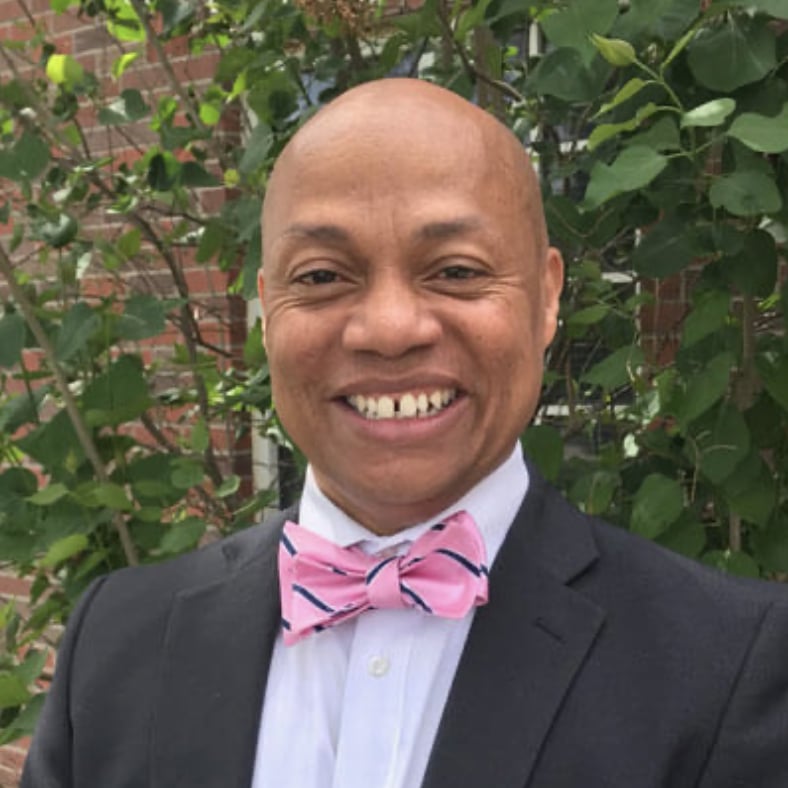This is the time of year when many reflect upon the highs and lows of the year, and what a year it has been! Given what we’ve experienced, from a worldwide pandemic to riots in the streets, the fog of this year makes it difficult to remember what happened a few months earlier. Do you remember how this year began? In January, the nation mourned the tragic death of famous basketball player, Kobe Bryant, his 13 year old daughter, and seven others. Given the magnitude of events this year, that tragedy seems two years old.
By late August, Ahmaud Arbery, Breonna Taylor, and George Floyd had become household names along with a new movement gaining steam. What happened in our culture did not go unnoticed by evangelicals. Those with a penchant for relevance, found themselves sticking their finger in the air to determine the direction of the winds of change. Many evangelicals were racing to be the first to do something. It was obvious that many had bought the media narrative. And now, with the fervor of a camp meeting revivalist, they were determined to preach a message. The Gospel? No, that Black Lives Matter.
Over the course of this year, I’ve received thousands of emails and numerous text messages from the silent majority who have assessed the issues and understand the problems. The events of this year have exposed how “woke” many churches had become. In addition to this, the result of the COVID crisis has decreased church attendance across the country. Furthermore, an examination of our Nation’s mental health suggests that depression and clinical anxiety have tripled this year. As the fog of the year slowly clears, what you may soon realize is that silence has not been your friend and it’s time to stand up for what you believe.
The Silent Majority?
Christians should never be silent about what we believe. We’ve been commanded by Scripture to be “salt and light” (Matthew 5:13–16) and to be prepared to make a defense for our faith. As such, we are a preservative for goodness, and a light pointing others to Christ. Scripture calls us to be salt and light rather than silent or a majority. Unfortunately, our Christian culture has enjoyed the fruits of the gospel apart from being tied to the fight for the gospel. We’ve embraced cultural prosperity, while avoiding Christian persecutions. The result is fewer lives transformed by the power of the gospel and a diminishing numbers of people in the pews.
Where did we get the idea that silence was an option? We are instructed to “…honor Christ the Lord as holy, always being prepared to make a defense to anyone who asks you for a reason for the hope that is in you; yet do it with gentleness and respect,” (1 Peter 3:15 ESV). The Scriptures abound with men who stood for truth, even in the face of death. The idea of a “silent majority” was foreign to John the Baptist. He was imprisoned by Herod who had married the wife of his own brother, Phillip. It was John the Baptist who said, “It is not lawful for you to have your brother’s wife” (Mark 6:18 ESV). Today, however, the cultural Christian embraces the idea that silence is akin to loving others.
In addition, we’ve embraced the idea that we are indeed a “majority.” Since when has God ever appealed to a majority of men? Time and time again, Scripture is replete with evidence to the contrary that a majority is required by God. Whether it was Moses (one man) against the might of the armies of Egypt or Gideon’s army of 300 men, God has always done more with a few than He determined to do with a majority. Biblically speaking, a majority consists of a willing servant and God alone.
So, where do we go from here?
Scripture is clear, “…In this world you will have tribulation. But take heart; I have overcome the world” (John 16:33 ESV). Puritan Thomas Watson in his book The Art of Divine Contentment wrote, “A Christian is a military person, he fights the Lord’s battles, he is Christ’s ensign bearer. Now, what thought he endures hard fate, and the bullets fly about? He fights for a crown!” Paul in writing to the Church at Philippi makes things evermore clear as he writes, “For it has been granted to you that for the sake of Christ you should not only believe in him but also suffer for his sake, engaged in the same conflict that you saw I had and now hear that I still have.” (Philippians 1:29-30 ESV).
Believer’s need to develop a doctrine of suffering that embraces the challenges of the culture. Remember the words of Jesus who instructed “If the world hates you, know that it has hated me before it hated you.If you were of the world, the world would love you as its own; but because you are not of the world, but I chose you out of the world, therefore the world hates you. Remember the word that I said to you: ‘A servant is not greater than his master.’ If they persecuted me, they will also persecute you. . .” (John 15:18-20 ESV).
It will be important in the days ahead for you to find a local body of believers where the pastor seeks revelation through the Word of God rather than the relevance of the world.
While we are indeed to bring the gospel to all men (Matt 28:20 ESV), the body of Christ also has a responsibility to gather and make disciples. It will be important in the days ahead for you to find a local body of believers where the pastor seeks revelation through the Word of God rather than the relevance of the world. Be sure that your church is a champion for Biblical sufficiency and is not looking to add the works of post-modern woke authors to the canon of the Scripture. Finally, find yourself in a place where elders are tasked to shepherd your soul. These things are important as your church attendance is essential in the days to come (Heb. 10:25 ESV).
In this next chapter of the Church in America, we must continue to advance the cause of Christ. We must abandon reflexive pragmatism and reclaim a prophetic voice. We must face the issues of culture with Biblical clarity and Gospel resolve. We must get equipped with sound teaching and robust theology. You must no longer find comfort in being a part of the silent majority. Those days are gone. It’s time to rise and be the Church.





